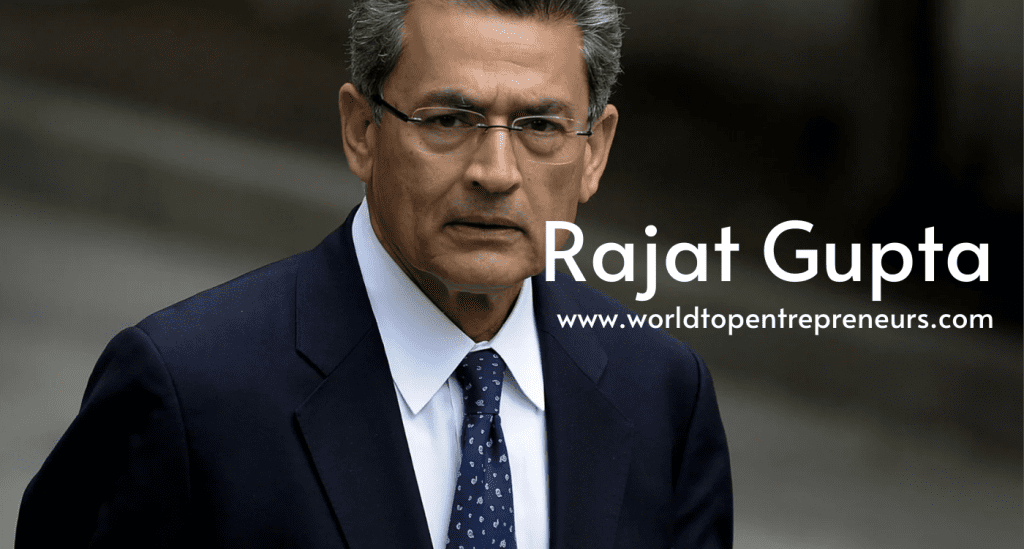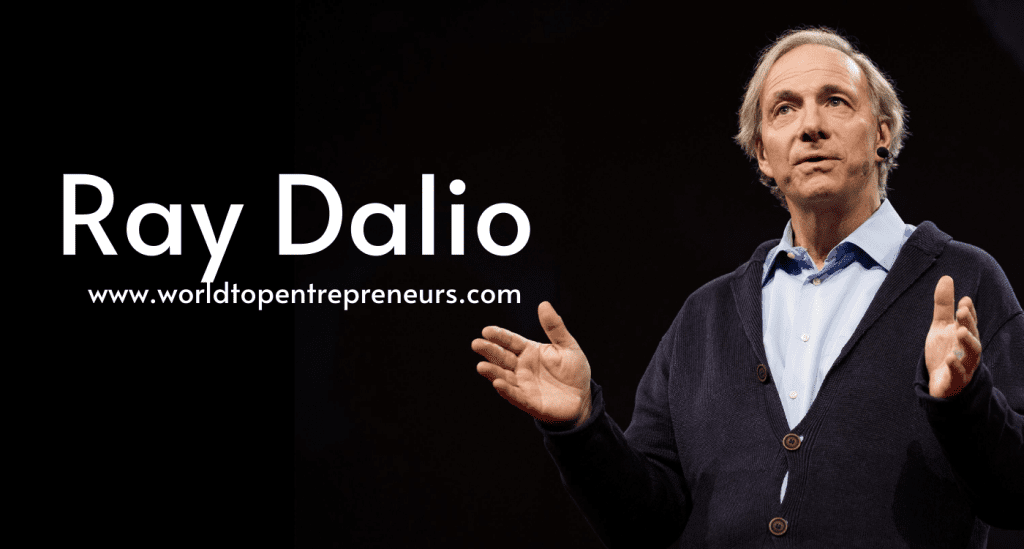Rajat Gupta is a distinguished figure in the global business landscape, renowned for his transformative leadership at McKinsey & Company and his extensive contributions to various sectors, including education, healthcare, and social development. His journey reflects a blend of academic excellence, strategic vision, and a commitment to making a difference in the world.
Educational Background:
Rajat Gupta’s academic journey laid a strong foundation for his successful career. He earned a Bachelor’s degree in Mechanical Engineering from the Indian Institute of Technology (IIT) Delhi, where he excelled academically and developed a keen analytical mindset. Following this, Gupta pursued an MBA from Harvard Business School, where he honed his business acumen and leadership skills. His education equipped him with the tools necessary to navigate complex business challenges and to lead organizations effectively.
Early Career and Business Background:
Gupta began his professional journey at McKinsey & Company in 1973 as a consultant. His strategic thinking and ability to tackle complex problems quickly set him apart. Over the years, he rose through the ranks, demonstrating exceptional leadership and client engagement skills.
In 1994, Gupta became the first non-Western managing director of McKinsey, a significant milestone that reflected both his talent and the firm’s commitment to diversity. Under his leadership, McKinsey expanded its global footprint and strengthened its reputation as a premier consulting firm. Gupta emphasized the importance of fostering a collaborative culture, encouraging teams to innovate and deliver exceptional results for clients.
The Impact of Leadership at McKinsey:
During his tenure at McKinsey, which lasted until 2003, Gupta played a pivotal role in shaping the firm’s strategy and operations. He was instrumental in developing initiatives that enhanced the company’s service offerings across various sectors, including technology, healthcare, and consumer goods.
Gupta’s leadership was marked by a focus on building long-term relationships with clients, understanding their unique challenges, and providing tailored solutions. This client-centric approach not only solidified McKinsey’s position in the market but also contributed to significant business growth.
Moreover, Gupta was a strong advocate for social responsibility and sustainability. He initiated programs that encouraged McKinsey to engage with clients on sustainability issues, helping organizations integrate social and environmental considerations into their business strategies.
Overcoming Struggles:
Despite his successes, Rajat Gupta faced challenges during his career. One of the significant struggles was navigating the complexities of a rapidly changing global economy. The consulting industry faced increasing competition, and Gupta had to adapt McKinsey’s strategies to maintain its leadership position.
Additionally, Gupta’s tenure was not without controversies. Following his retirement, he was embroiled in a high-profile insider trading scandal, which resulted in a conviction in 2012. This incident was a significant personal and professional setback. Gupta expressed deep regret over the situation, emphasizing the importance of ethics and integrity in business.
Achievements and Successes:
Rajat Gupta’s achievements extend beyond his role at McKinsey. After leaving the firm, he continued to influence various sectors through his work with organizations like the Bill & Melinda Gates Foundation and the UN Global Compact. His commitment to social impact led him to serve on the boards of several educational and charitable institutions, including the Indian School of Business and the International Rescue Committee.
Gupta’s contributions to education and healthcare have earned him recognition and accolades globally. He has been involved in initiatives aimed at improving healthcare access in developing countries and promoting education for underprivileged children.
In addition to his philanthropic efforts, Gupta authored the book “Mind Without Fear,” where he shares his insights on leadership, ethics, and the importance of a values-driven approach to business.
Current Ventures and Future Outlook:
Today, Rajat Gupta continues to be an influential voice in the business world. He speaks at various forums, sharing his insights on leadership, corporate governance, and the role of businesses in society. Gupta remains actively involved in consulting, advising organizations on strategy and governance, and contributing to discussions on social responsibility.
As he looks to the future, Gupta emphasizes the need for businesses to adapt to changing global dynamics, focusing on sustainability and ethical leadership. His journey serves as an inspiration for aspiring leaders, highlighting the importance of resilience, integrity, and a commitment to making a positive impact.
Conclusion:
Rajat Gupta’s journey is a remarkable story of leadership, resilience, and commitment to social change. From his early days at McKinsey & Company to his extensive contributions to education and healthcare, Gupta has demonstrated that business can be a force for good in the world. His focus on ethics, sustainability, and social responsibility continues to inspire leaders across industries, reinforcing the belief that success is not just about profit but also about making a meaningful difference in society.





















